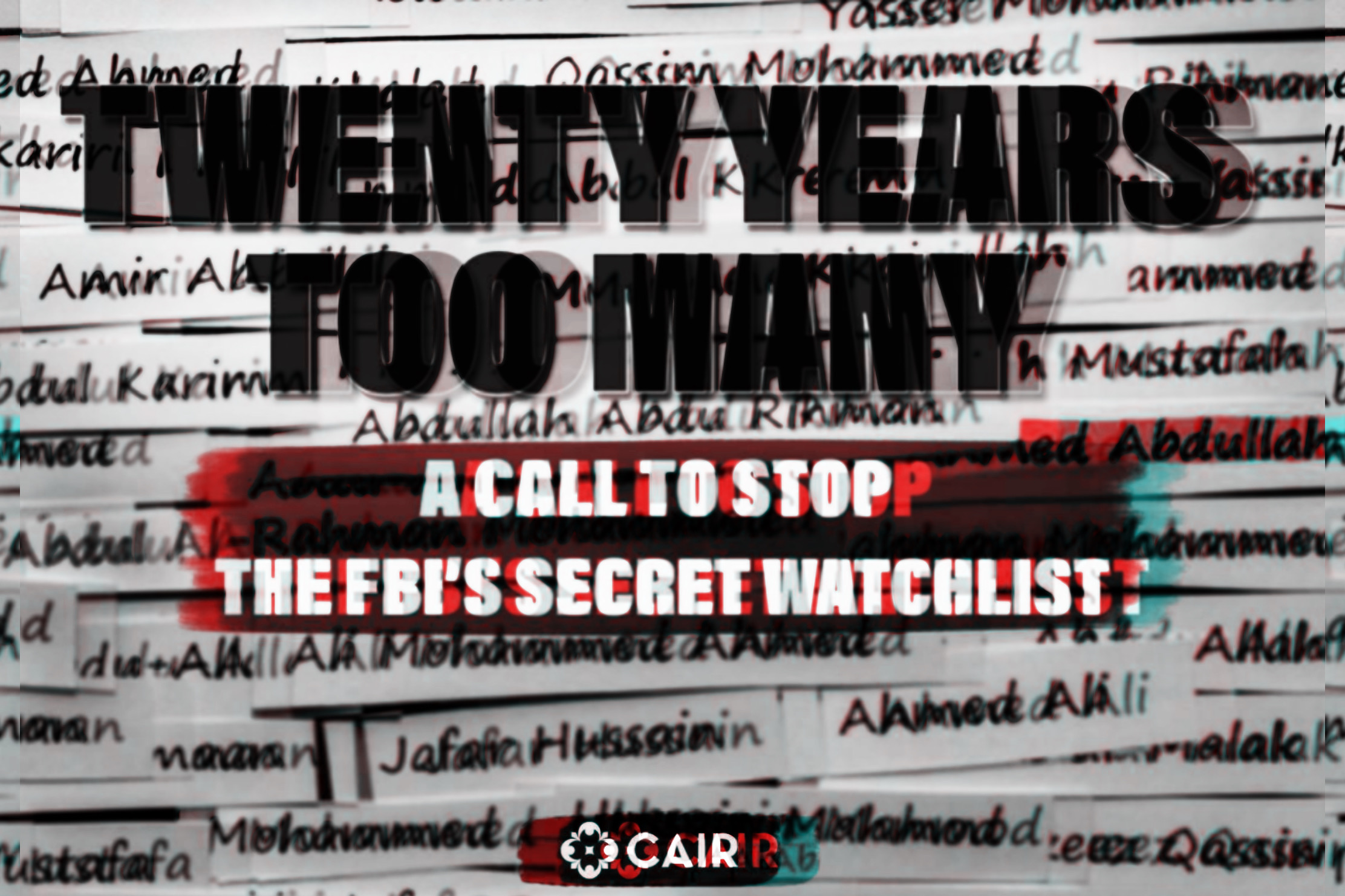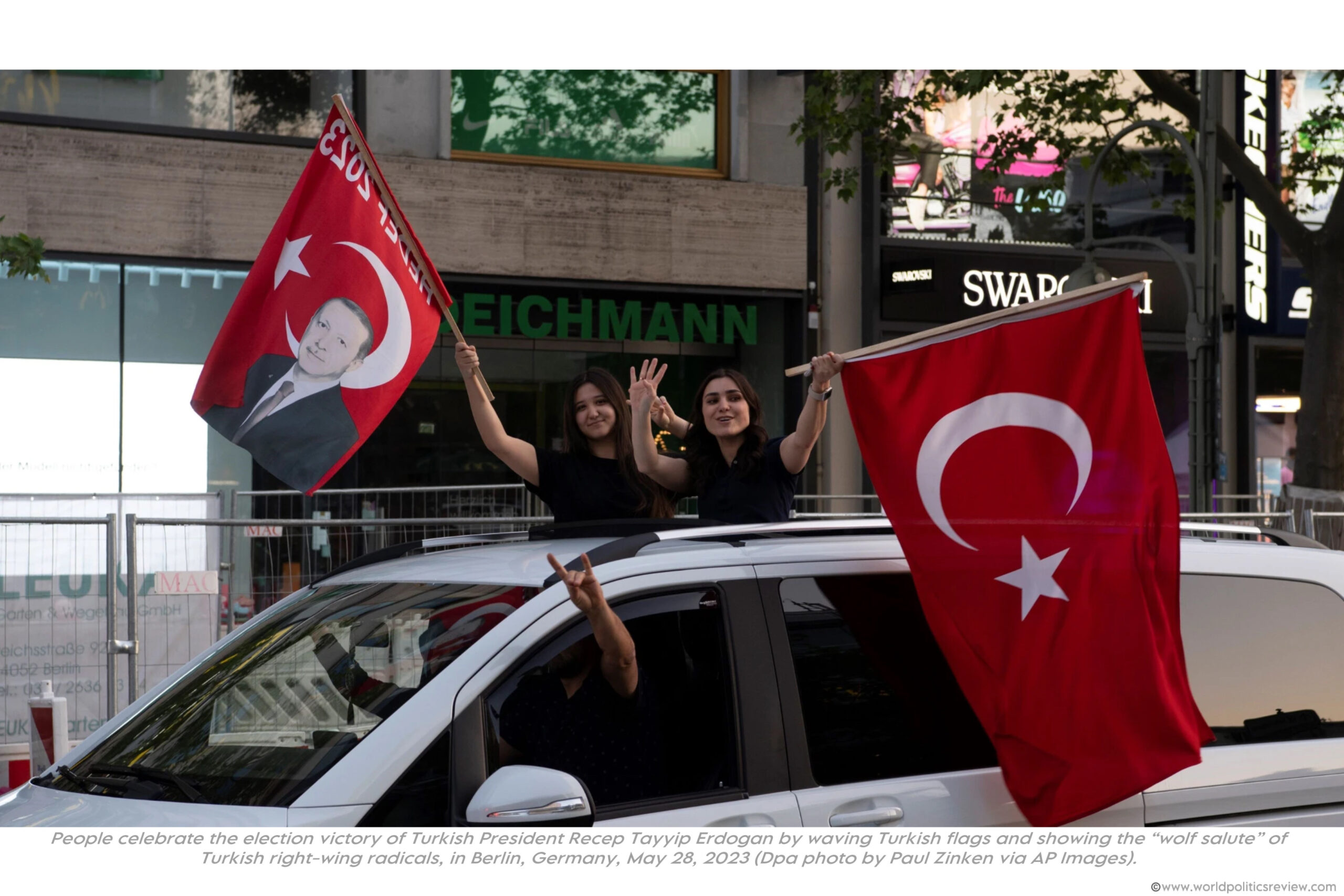Theos, a Christian think tank, has published a report ‘Religious London’ which examines the nature of religion in London. The researchers working on the report Paul Bickley and Nathan Mladin have found that London is more religious than the rest of the country which runs counter to the assumptions of many who thought the opposite.
They found that 62% of Londoners identify as religious whereas only 53% of the population in Great Britain identify as religious. It is an intensive form of religiosity as 30% of Christians in London attend services and pray regularly. Only 13% do the same in Britain as a whole.
On values, the researchers found that ‘Londoners are more conservative than the rest of Britain on moral questions such as sex before marriage, same-sex relationships, and assisted suicide’. However, the figures are still quite low. 7% of the population believe that sex before marriage is always or mostly wrong, in London 17% of the population feel the same.
On civic engagement, the researchers found that ‘frequently practicing religious Londoners are more civically engaged than non-religious Londoners. For example, 63% of regular attenders at a religious service (across all religions) said that they were likely or very likely to volunteer, compared to 37% of people who say they never attend a religious service’. This extra sense of social commitment was noticeable during the Covid 19 crisis when many faith institutions and charities offered support services to those in need.
The report highlighted that this extra sense of religiousness warranted political attention and the authors call for increased religious literacy. The authors ask for public authorities to ‘curate religious infrastructure’ that will help support intra- and inter-faith cooperation and development. With London’s faith communities being so diverse and large, this is an important recommendation. In the Muslim community for example there is no London-wide organising body though there are several large institutions such as East London mosque, West London Islamic Centre, Finsbury Park mosque and Regents Parks mosque. This is despite the London Muslim population being more than one million.
The researchers used Census data, and data from the British Social Attitudes survey and the European Social Survey. Savanta ComRes was also commissioned to conduct an online survey. 35 interviews were conducted in four boroughs ‘with representatives of public authorities such as local government, police, education and health organisations, as well as with religious leaders’. The report can be read here.






